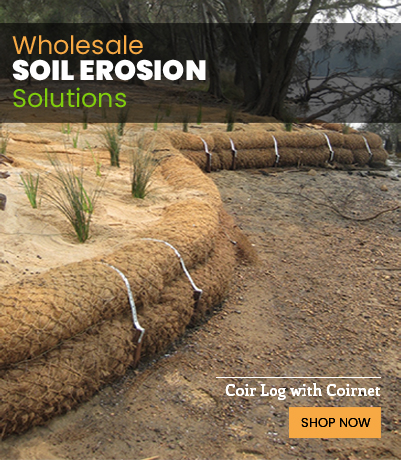Coir flooring is the next big thing. This coconut industry byproduct is gaining in popularity as an eco-friendly and sustainable type of fiber, matting, soil, and even flooring. Its durable nature makes it an effective floor tile material.
Why Is Coir a Good Flooring Material?
Coir is the fiber that’s found between the coconut’s hard outer and internal shells. This fibrous material has hollow, thick walls. Unlike other flooring materials, such as flax or cotton, coir has a lot of woody lignin and not much cellulose. Thus, it’s a stronger yet more rigid substance.
Benefits of Coir Flooring
Coir flooring has many advantages over other carpeting types. The fibers themselves are produced from the husks of coconut shells and are able to withstand great wear and tear. It’s a durable alternative to traditional carpets and rugs. It’s environmentally friendly, non-toxic, and suitable for people with allergies. It also has significant insulating and noise-canceling properties, which are particularly useful in airy rooms or those with a lot of foot traffic. Coir floor tiles are particularly good at withstanding the demands of high-traffic areas.
Types of Coir Flooring
Coir comes in brown, white, and red varietals. You typically find brown coir — a byproduct of ripe coconuts — in upholstery and gardening implements. Unripe white coir is best suited for fine materials such as nets, string, and rope. Coir flooring, which takes many forms, is usually made of red coir. This type of coir is particularly tough and is suitable for doormats, brushes, carpeting, and floor tiles. During the manufacturing process, machines create pads of coir fibers using a needle-felting technique. The resulting mats are then cut to suit their use.
Coir Floor Tile Pros
Sustainable coir floor tiles have a number of benefits. They’re extremely durable as well as water-resistant, meaning they’ll hold up to most uses, don’t show much dirt, and require little maintenance. Their coconut oils also repel insects. Coir holds up well to moisture and isn’t susceptible to water damage or mildew growth.
Coir is a cost-efficient option compared to other natural floor tile materials, such as bamboo or cork. It’s also aesthetically pleasing and complements natural architectural features such as exposed brick and wood beams. Coir floor tiles are also completely biodegradable, further underscoring their eco-friendliness.
Coir Floor Tile Cons
As beneficial as coir floor tiles might be, you should consider these characteristics before having them installed. Know that coir has a tendency to shed with wear and tear. It can also fade if exposed to harsh sunlight over time. While extremely strong, it’s not suggested for use outdoors. For this same reason, it can feel rough under foot. Therefore, it’s best suited for areas where it will get a lot of foot traffic in shoes rather than bare feet.
This renewable material makes for a cost-efficient and eco-friendly flooring option in high-traffic areas of the home and office. Coir floor tiles, in particular, give rooms a rustic and natural-looking pattern that will stand up to years of wear.

Leave a Reply
You must be logged in to post a comment.